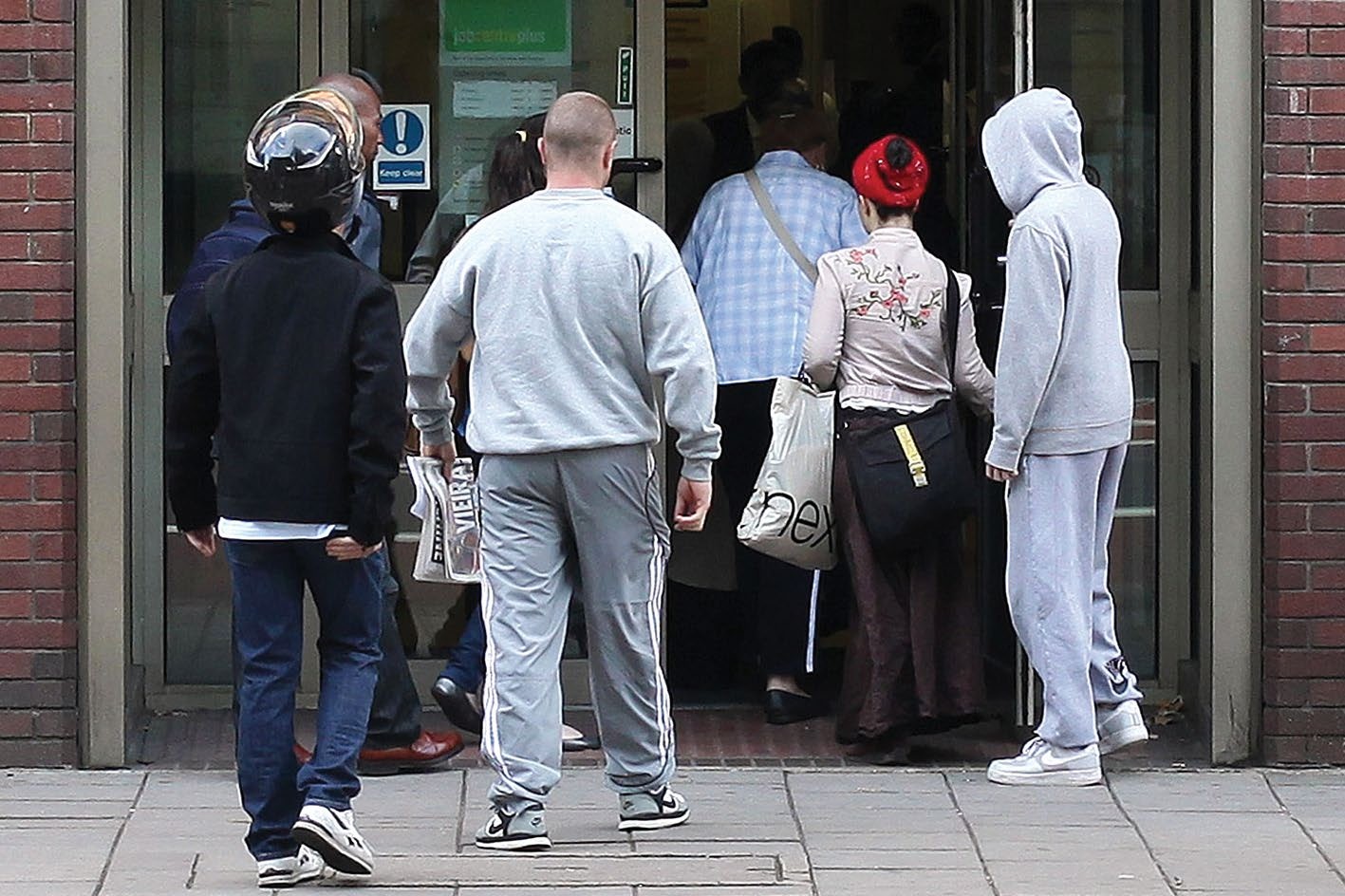Great frauds in history: Gerard Lee Bevan’s dangerous debts
Gerard Lee Bevan bankrupted a stockbroker and an insurer, wiping out shareholders and partners alike.

Get the latest financial news, insights and expert analysis from our award-winning MoneyWeek team, to help you understand what really matters when it comes to your finances.
You are now subscribed
Your newsletter sign-up was successful
Want to add more newsletters?
Gerard Lee Bevan was born in London in 1869 and, after studying at Eton and Cambridge, took a job as a clerk at Barclay, Bevan, Tritton, Ransom & Bouverie (which later become Barclays bank). He was later a junior partner with stockbroker Ellis & Co in 1894. By 1912, he was effectively running the brokerage as its senior partner. In 1916 he bought a large stake in the City Equitable Fire Insurance Company from the notorious company promoter Clarence Hatry, becoming its chairman. He was also appointed director of several companies.
What was the scam?
Bevan’s appointment as chairman gave him control of the money that City Equitable received in premiums. Instead of putting it in low-risk assets, such as gilts (government bonds), which can easily be liquidated in order to pay out claims, he lent large sums to Ellis & Co, which was investing in various dubious schemes, including several companies floated by Hatry. City Equitable also directly invested in the same companies. In order to conceal these dubious loans and investments, Bevan manipulated the accounts and engaged in outright fraud to give the false impression that most of City Equitable’s money was still invested in gilts.
What happened next?
In the stockmarket boom following World War I, it briefly seemed like Bevan’s strategy would pay off. However, when the market started to collapse in 1920, many of the shares that Ellis had invested in plunged in value and it became obvious that Ellis couldn’t repay its loans. Many of the investments were also illiquid. As a result, City Equitable was unable to meet its insurance claims and was forced to declare bankruptcy in early 1921. After running away to the continent, Bevan was arrested, extradited, convicted of fraud and sentenced to jail for seven years, later dying in poverty in Cuba.
Try 6 free issues of MoneyWeek today
Get unparalleled financial insight, analysis and expert opinion you can profit from.

Sign up to Money Morning
Don't miss the latest investment and personal finances news, market analysis, plus money-saving tips with our free twice-daily newsletter
Don't miss the latest investment and personal finances news, market analysis, plus money-saving tips with our free twice-daily newsletter
Lessons for investors
The £910,000 in loans to Ellis & Co (£40.2m in today’s money), combined with around £400,000 in dubious investments (£17.8m), resulted in the bankruptcy of both institutions, wiping out shareholders and Bevan’s partners alike. Bevan failed to appreciate the dangers of taking on too much leverage and the need for an appropriate degree of liquidity. Modern insurance companies do invest in shares (and even private equity), but they still have around three-quarters of their assets on average in bonds and cash.
Get the latest financial news, insights and expert analysis from our award-winning MoneyWeek team, to help you understand what really matters when it comes to your finances.

-
 Tax receipts: Rachel Reeves 'should hand back the cash'
Tax receipts: Rachel Reeves 'should hand back the cash'Opinion Chancellor Rachel Reeves is cheering higher-than-expected tax receipts. But where has the money come from?
-
 The scourge of youth unemployment in Britain
The scourge of youth unemployment in BritainYouth unemployment in Britain is the worst it’s been for more than a decade. Something dramatic seems to have changed in the labour markets. What is it?
-
 How a dovish Federal Reserve could affect you
How a dovish Federal Reserve could affect youTrump’s pick for the US Federal Reserve is not so much of a yes-man as his rival, but interest rates will still come down quickly, says Cris Sholto Heaton
-
 Why it might be time to switch your pension strategy
Why it might be time to switch your pension strategyYour pension strategy may need tweaking – with many pension experts now arguing that 75 should be the pivotal age in your retirement planning.
-
 Star fund managers – an investing style that’s out of fashion
Star fund managers – an investing style that’s out of fashionStar fund managers such as Terry Smith and Nick Train are at the mercy of wider market trends, says Cris Sholto Heaton
-
 How to add cryptocurrency to your portfolio
How to add cryptocurrency to your portfolioA new listing shows how bitcoin might add value to a portfolio if cryptocurrency keeps gaining acceptance, says Cris Sholto Heaton
-
 Investing in forestry: a tax-efficient way to grow your wealth
Investing in forestry: a tax-efficient way to grow your wealthRecord sums are pouring into forestry funds. It makes sense to join the rush, says David Prosser
-
 The MoneyWeek investment trust portfolio – early 2026 update
The MoneyWeek investment trust portfolio – early 2026 updateThe MoneyWeek investment trust portfolio had a solid year in 2025. Scottish Mortgage and Law Debenture were the star performers, with very different strategies
-
 Pundits had a bad 2025 – here's what it means for investors
Pundits had a bad 2025 – here's what it means for investorsThe pundits came in for many shocks in 2025, says Max King. Here is what they should learn from them
-
 New year, same market forecasts
New year, same market forecastsForecasts from banks and brokers are as bullish as ever this year, but there is less conviction about the US, says Cris Sholto Heaton